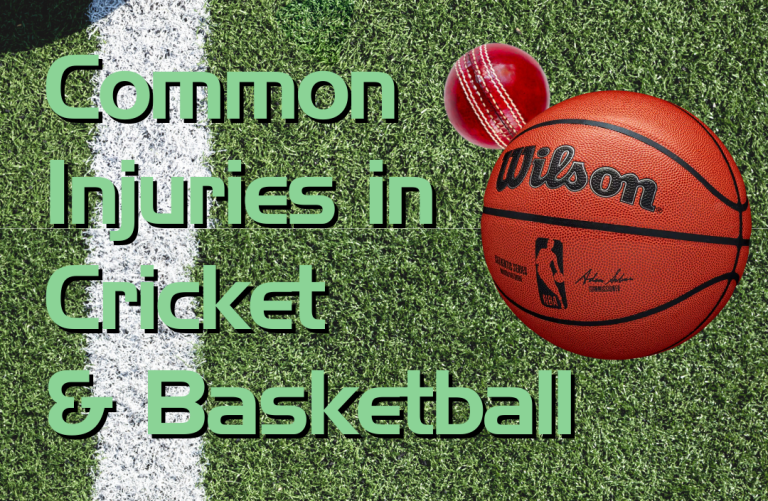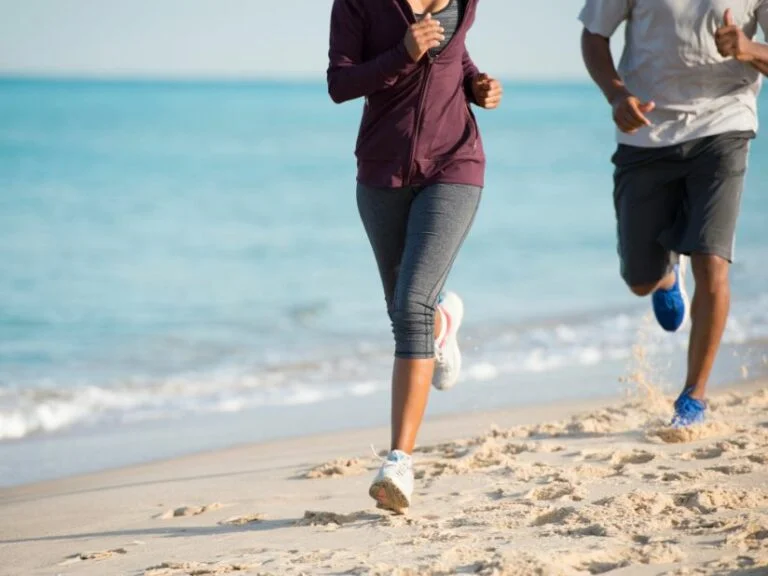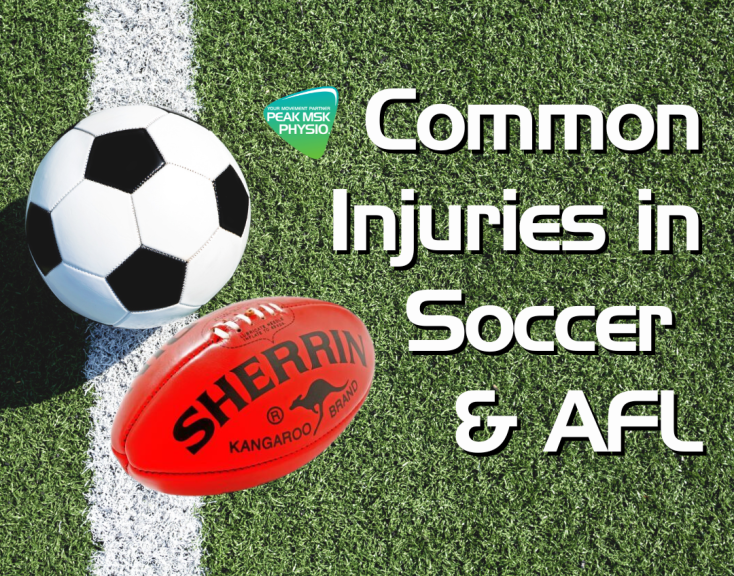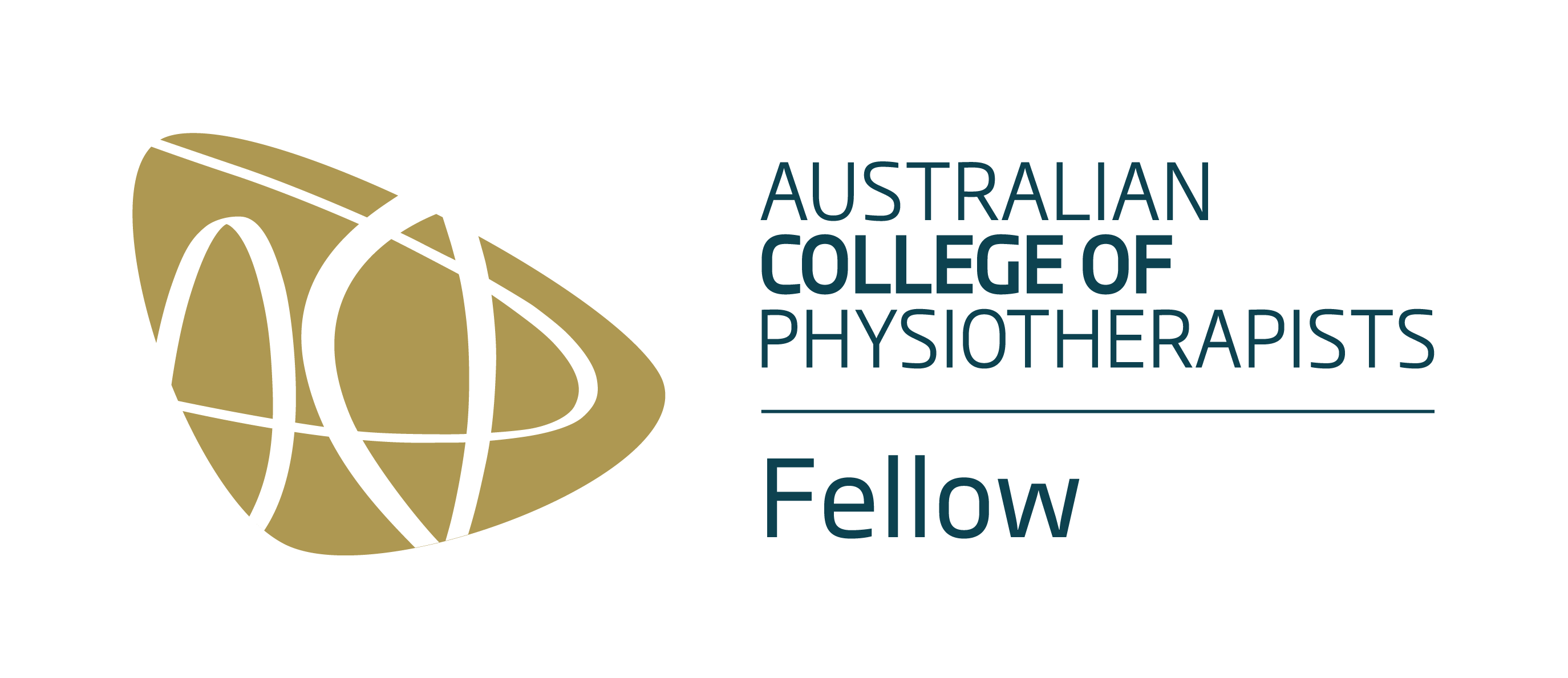The calf muscle is made up of the gastrocnemius muscle which is the big muscle at the back of the lower leg and the soleus, the smaller one located just below the gastrocnemius. These muscles can become injured or torn due to poor stretching or overuse. Calf strain is common in athletes, especially runners.
Symptoms
- Sudden pain at the back of the leg, approximately midway between the knee and the heel.
- Difficulty in standing on tiptoe.
- Swelling or bruising in the calf muscle.
- Pain when the muscle is contracted against resistance.
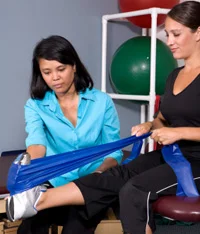
Your doctor may prescribe anti-inflammatory drugs.
Physiotherapy treatment involves pain management, stretching and strengthening exercises. We will test your lower leg for flexibility and proper balance between the legs. We will then use ice and ultrasound to relieve pain before beginning stretching exercises. Training in the proper way to stretch the calf muscles to get rid of tightness will follow. We may recommend a heel pad to raise the heel and take some of the strain off the calf. Heel pads should be worn in both shoes to avoid leg length discrepancy which can lead to other problems. Manual therapy may also be performed to get rid of trigger points.
As the acute symptoms decrease, the athlete begins the next phase of treatment. Walking and strengthening exercises are performed to maintain fitness and strengthen the muscles to prevent the recurrence of injury. As you get stronger, you may begin running to build up condition and get ready to return to active sports.
Contact your Specialist Musculoskeletal Physiotherapist in Cheltenham, Bayside on (03) 9533 5305 and get normal movement back sooner rather than later.










